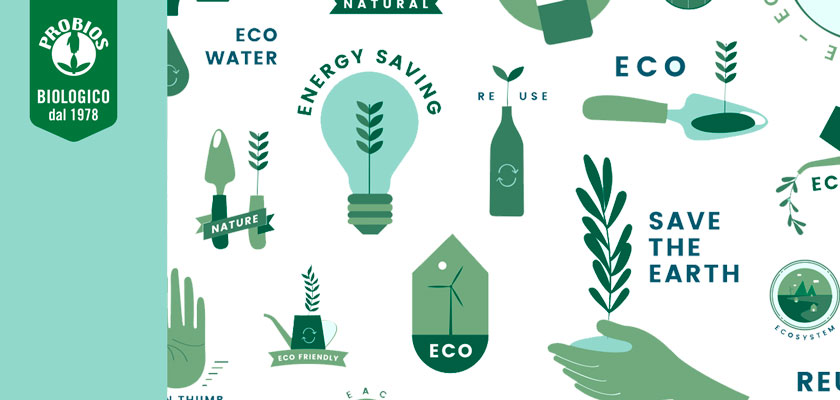
The International Day of Energy Saving occurs on February 18th and has become an event to which most of the world pays attention, to gather ideas and advice for more eco-sustainable behaviors.
Reasoning about responsible choices for safeguarding the planet can concretely influence the habits to adopt for energy consumption that is sustainable for the entire world system.
For some years now, something has moved at institutional level too: many regions, for example, promote the use of renewable electricity plants, such as solar panels or wind power systems. Some junctions and the government itself promote these sources through grants and subsidies.
Eco-sustainable nutrition
If the focus is mainly on good energy practices that can be implemented in one's own home, or on the small daily gestures that each of us can make, it’s equally useful to focus on how to introduce greater sustainability also in the diet, especially in the way to consume and buy food.
Maybe we don't think enough about it, but the food choices we make every day, for example where and how we shop, greatly affect our ecosystem.
Choosing an organic diet is an important first step in the process of building an environmental awareness. What measures can we follow to make our diet more sustainable?
- Choose organic food: organic cultivation methods prohibit the use of herbicides, pesticides, chemical and synthetic fertilizers, harmful substances that dramatically pollute our land, our waters and our air.
- Choose a vegetarian diet: vegetarian nutrition reflects respect for all forms of life and contributes to reduce the huge consumption of water used in the meat production chain. The land cultivated with vegetation contributes to the absorption of CO2 too.
- Opt for local products: zero miles food or direct purchase from the producer (when possible) avoids the use of polluting means of transport. Food also gains in freshness and flavor.
- Choose seasonal products: fruits and vegetables consumed during their natural ripening season have superior nutritional properties compared to fruits or vegetables ripened outside their ideal time frame. Furthermore, a similar choice significantly reduces energy consumption, limiting gas emissions and the greenhouse effect.





